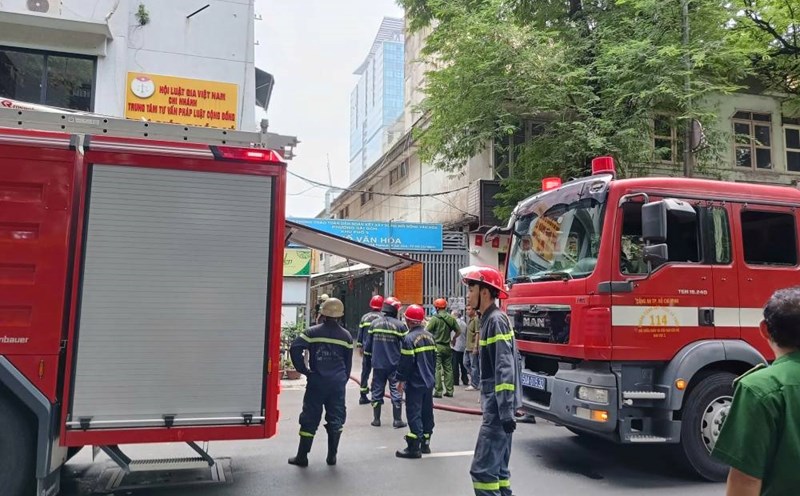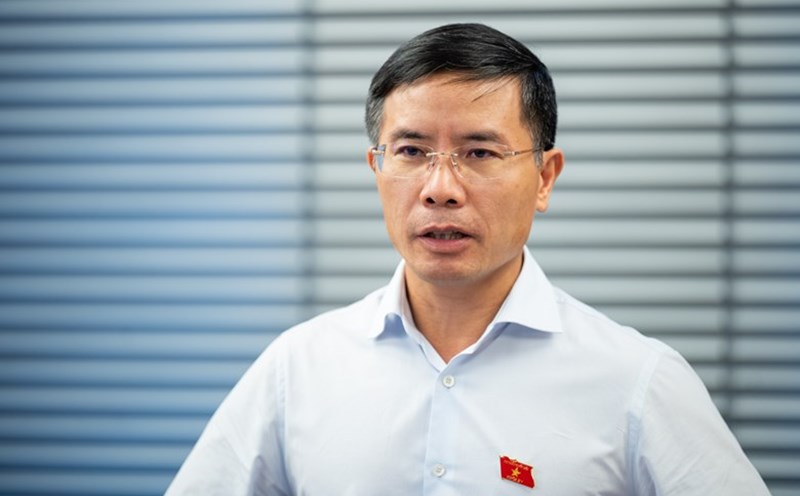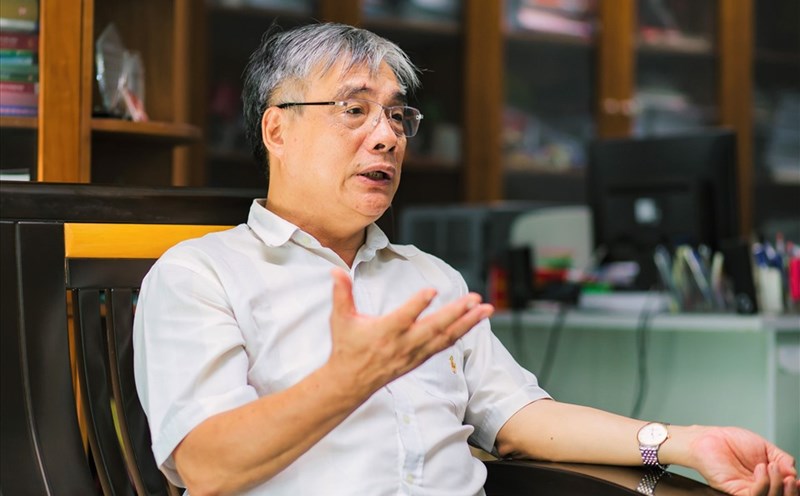Challenges such as climate change, urban flooding, environmental pollution, or inadequacies in infrastructure, healthcare, education, etc. all require new initiatives and ideas that are close to reality. That is the time when the responsibility of citizens through giving and contributing to the community and the government becomes a value that needs to be promoted.
Article 28 of the Constitution clearly states: "Citizens have the right to participate in State and social management, participate in discussions and recommendations to State agencies on issues of the grassroots, local and national" and "The State creates conditions for citizens to participate in State and social management; publicly and transparently receives and responds to opinions and recommendations from citizens".
The story in Can Tho is an example. In early September, high tides caused many central streets of Can Tho City to be deeply flooded, traffic paralyzed, and people's lives were turned upside down. When the government expressed their wishes, dozens of people and experts sent initiatives to the government - from solutions to install electric pumping stations, expand toll holes, to applying the urban model of spongy beaches, regulating lakes, rain gardens, etc.
It is worth noting that these gifts come not only from scientists, but also from ordinary citizens - those directly affected by flooding. They do not demand remuneration, nor do they need to be honored; they just hope that their initiatives will be listened to and applied so that the city can escape the constant flooding. It is that responsibility that contributes to the government having practical solutions to solve the difficult problem.
However, besides initiatives stemming from patriotism and community responsibility, there are also cases of "reversal plans" - taking advantage of the name of giving opinions to distort and sabotage. In Hanoi, many hot issues are widely discussed such as limiting gasoline vehicles to the inner city, building space around Hoan Kiem Lake... there are also many people who have borrowed the excuse of "loving the capital", "responsible for Hanoi" to spread false information, false arguments, denying development results, even defaming the prestige of the political system. Those "ideas" are not for construction, but only to sow skepticism and cause loss of confidence.
The responsibility of each citizen is not only to come up with ideas, but also to protect the purity of the space of giving advice, clearly distinguishing between sincere comments and sabotage arguments. A contributory idea should be based on science, practice, compliance with the law and towards the common good, not just subjective conclusions or the interests of a group of people.
To make giving gifts a sustainable activity, it is necessary to build a culture of giving gifts. That culture is based on three pillars: Responsibility of citizens, openness of government and transparency of society. When these three factors blend, donation will become a resource for national development. At the same time, it also shows the effectiveness of building a two-level local government in the direction of being closer to the people, closer to the people, and better serving the people.











